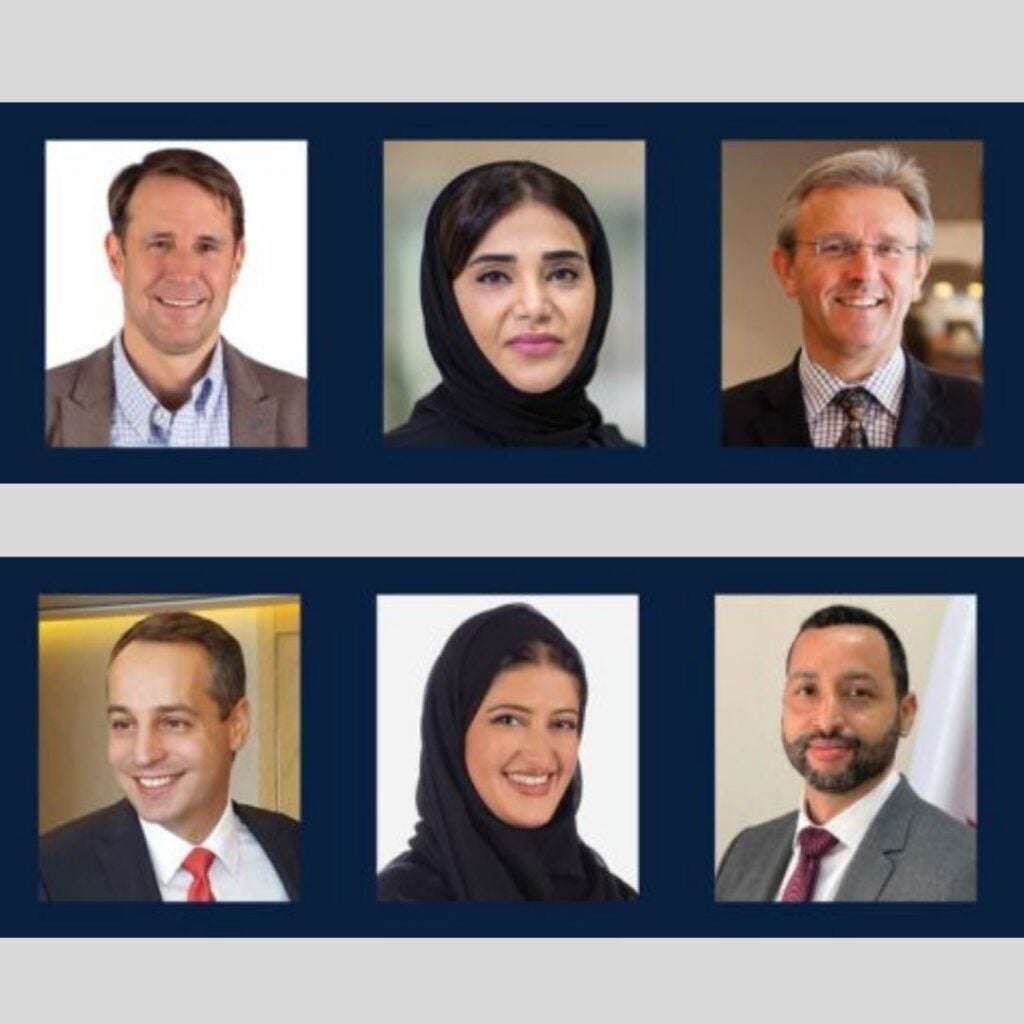The World Cup 2022 put Qatar on the map, literally, and we have the data to prove this!

Perhaps one of the most important aspects of hosting a World Cup is understanding what positive impact, if any, the event has on the economy of the hosting country or countries. This is partly because the cost of hosting such a mega-event is enormous, and partly because we think of these events as transformative for the host countries.
Assessing the impact requires detailed data on spending and on revenue. It also requires sophisticated models of the local economy that can account for spillovers and multiplier effects, for short-run versus long-run benefits, and for tangible versus intangible gains. Intangible and long-run gains are the hardest to measure but perhaps not as significant as tangible, short-term gains. Or is this not the case?
In the case of the Qatar World Cup 2022, failing to account for the intangible, long-term benefits the event can bring to the country, and to the region in general, can lead to biased and irrelevant findings. For example, the cost of financing the infrastructure needed for the country to be able to undertake such a mega-event—estimated by some at over $200 billion—massively dominates any revenue the state hopes to collect during the month-long event, including in the months before and after. Therefore, asking whether the event makes economic sense is the least interesting, irrelevant, and, simply put, wrong question to ask.
For Qatar, the World Cup is all about branding. It is about putting the country on the map, it is about breaking stereotypes, and it is about creating long-term opportunities for diversification.
Qatar has been reaping these branding benefits since December 2, 2010, the day the country was awarded the rights to the 2022 World Cup. And we actually have the data to prove this! With Danah Dehdary, a graduate of Georgetown University in Qatar in 2013, we were among the first scholars in the world to get access to all tweets since the beginning of Twitter. And we conducted a very simple exercise: we counted the number of times #qatar (in English and in Arabic) appeared each day in all tweets throughout the world.
The results are plotted in Figure 1 below and are striking: before December 2, 2010, nobody knew Qatar. Winning the rights to host the World Cup 2022 put Qatar on the map, literally. What is more significant however, is the fact that a structural change took place after that day. Post December 2, 2010, Qatar’s value as a brand started to increase, as can be seen by the growth in mentions in the days, weeks, and months that followed. There is no other event (and we tested multiple other events) that could have drawn so much attention. Sports matter, and the World Cup sits at the top in terms of publicity and getting attention, even twelve years before the official kickoff!

Figure 1: Number of tweets containing #Qatar, 2009 to 2013.
I conclude with a comment on why branding is important for Qatar, especially now. We can think of Qatar’s development in a very simple, perhaps naïve, three-stage model. In Stage One, the country extracts and monetizes LNG to raise its income. In Stage Two, the country uses the wealth to build the infrastructure, such as schools, hospitals, hotels, roads, museums, parks, and new cities the country needs. In Stage Three, with money in its coffers and a world-class infrastructure, the country opens its doors to attract foreign investment in an effort to diversify its economy away from the hydrocarbon sector. Hosting the World Cup is about letting the world know Qatar is here and it means business. This is a pre-requisite for helping the country move from Stage Two to Stage Three—and the World Cup can delivery that. This is why assessing the impact the World Cup has on Qatar is very different than that of other countries.
Article by Alexis Antoniades, Associate Professor, Director, and Chair of International Economics at Georgetown University in Qatar
Dr. Alexis Antoniades is an Associate Professor, Director, and Chair of International Economics at Georgetown University in Qatar. A Fulbright scholar with a Ph.D. in economics from Columbia University, he is an expert on global markets and a leading authority on the economies of the Gulf countries, Qatar in particular. He is the recipient of a $1,050,000 research grant award (2009–2012) by the Qatar National Research Fund to undertake the first micro-study on the economies of the Gulf countries, and along with colleagues from Qatar University, a $867,000 research grant to use social media and analyze sentiment in the Arab World (2014 2017). His current research is on big data, prices, and job vacancies. Antoniades previously worked as an assistant economist at the Federal Reserve Bank of New York and at Princeton University as the recipient of the prestigious Niehaus Fellowship awarded to the most talented scholar on issues of globalization and governance. In his fourteen years in Qatar, Dr. Antoniades frequently advises the leadership of both public and private sector organizations.
Read more about the Building a Legacy: Qatar FIFA World Cup 2022 project here.
The posts and comments on this blog are the views and opinions of the author(s). Posts and comments are the sole responsibility of the author(s). They are not approved or endorsed by the Center for International and Regional Studies (CIRS), Georgetown University in Qatar (GU-Q), or Georgetown University in the United States, and do not represent the views, opinions, or policies of the Center or the University.

How Has the FIFA World Cup 2022TM Changed Qatar?
Featuring: Amal Al-Malki, Gerd Nonneman, Alexis Antoniades, Haya Al-Noaimi, Max Tuñón, Danyel Reiche
March 20, 2022
6 PM (Doha Time)